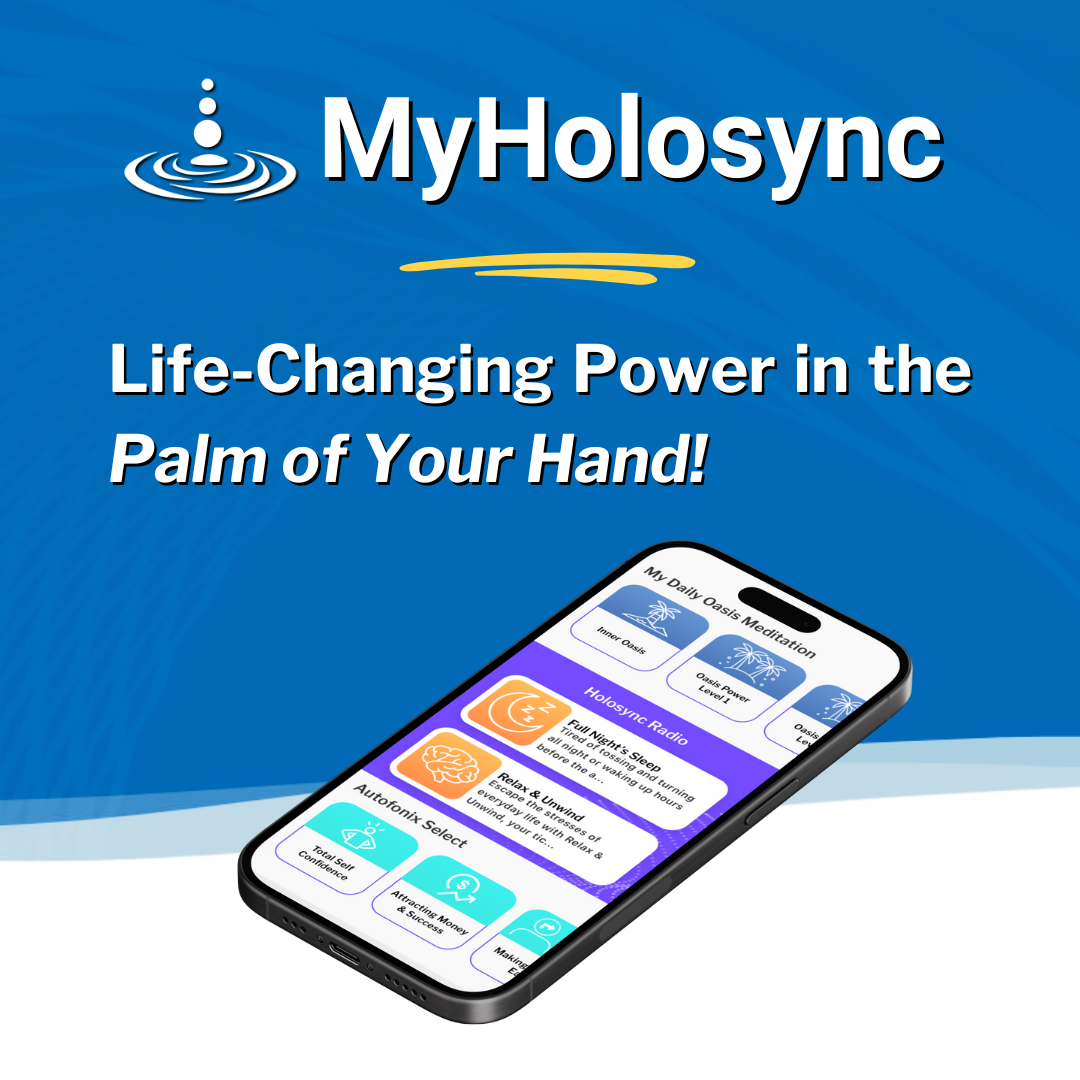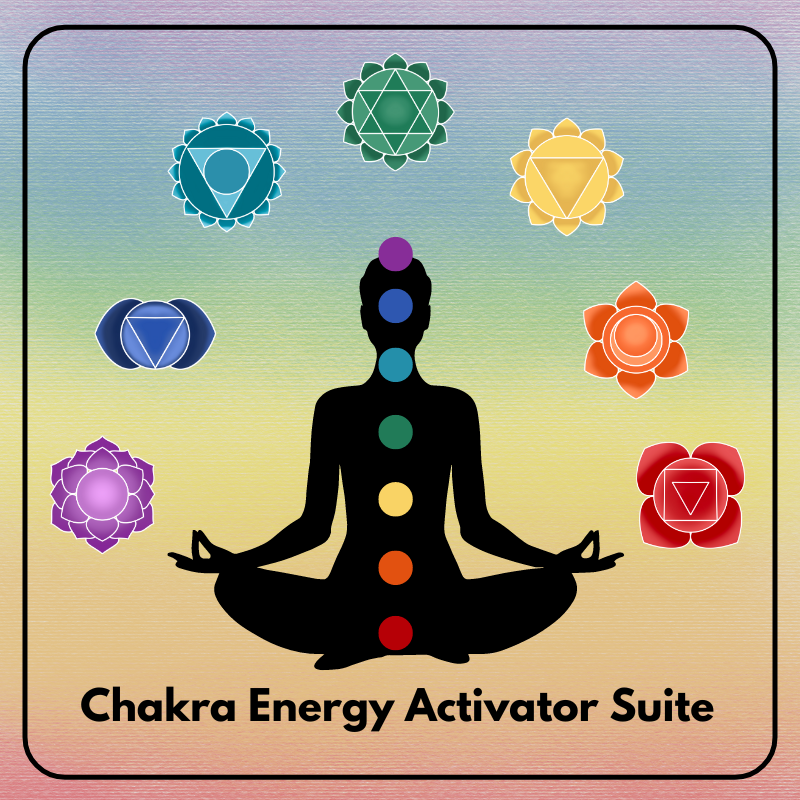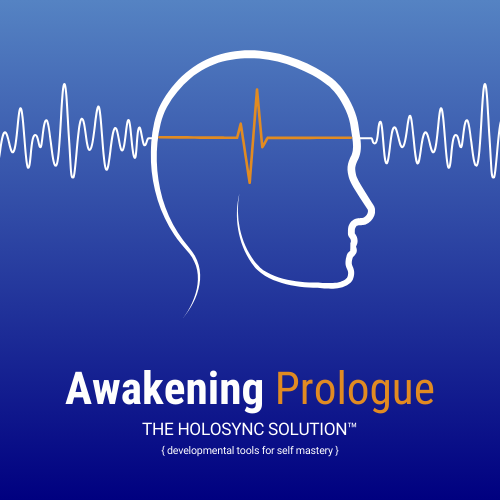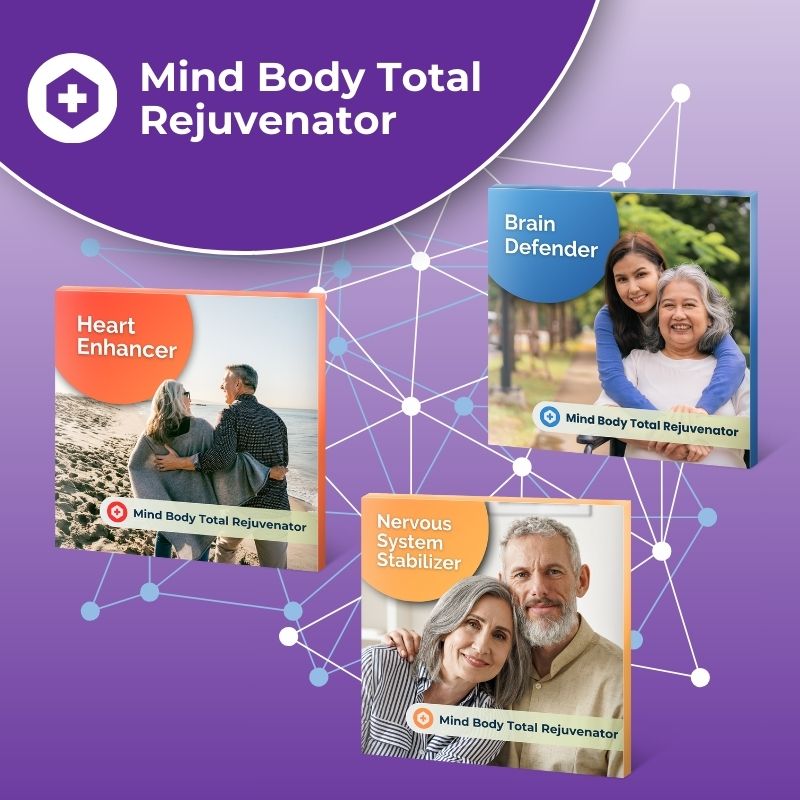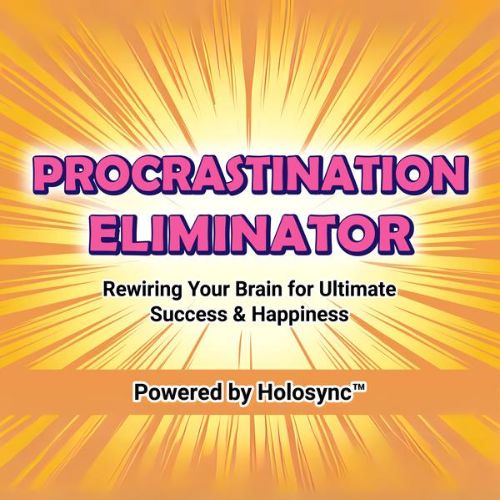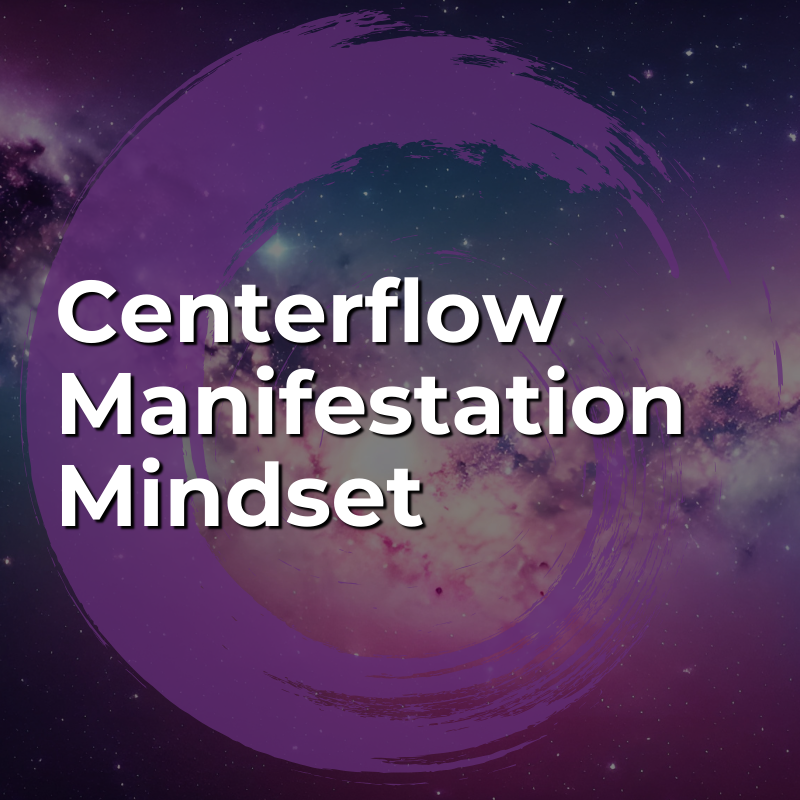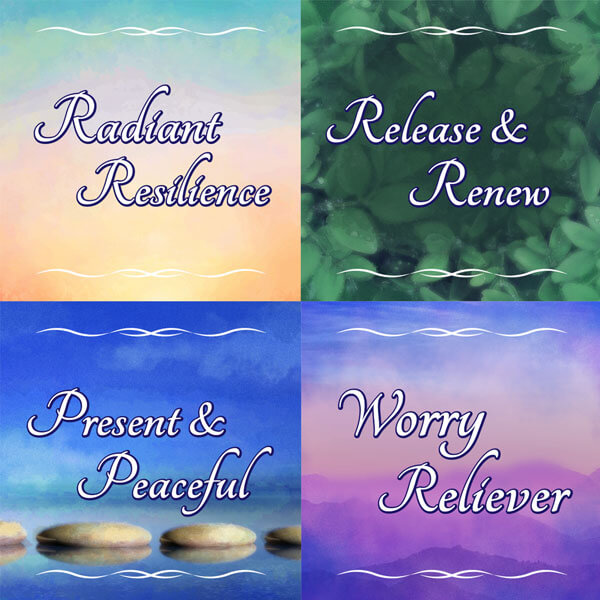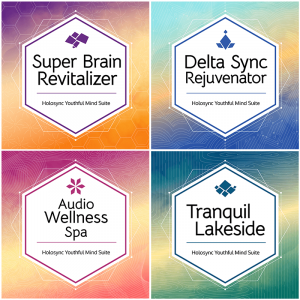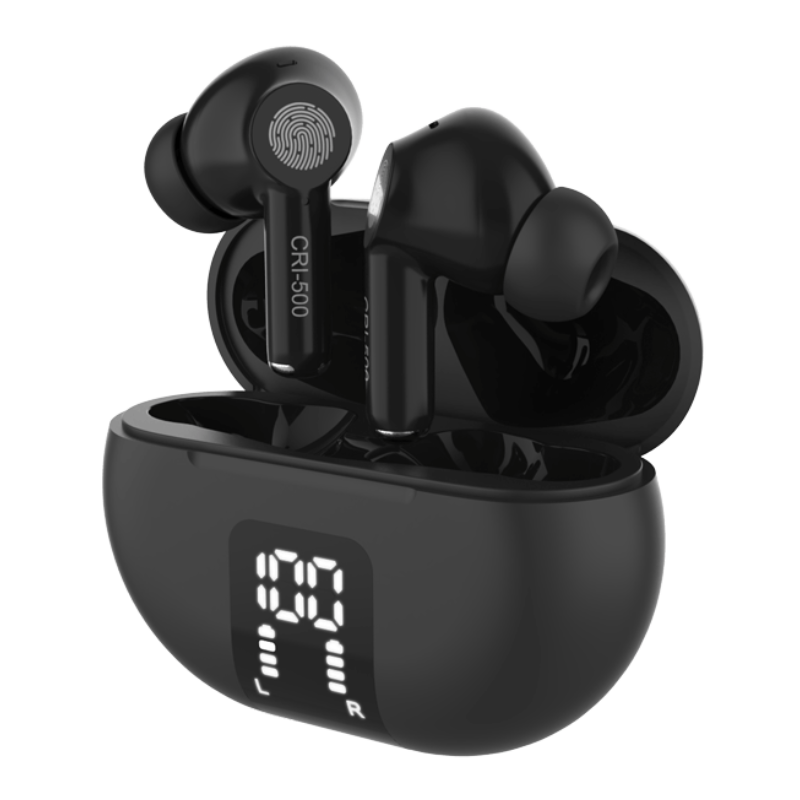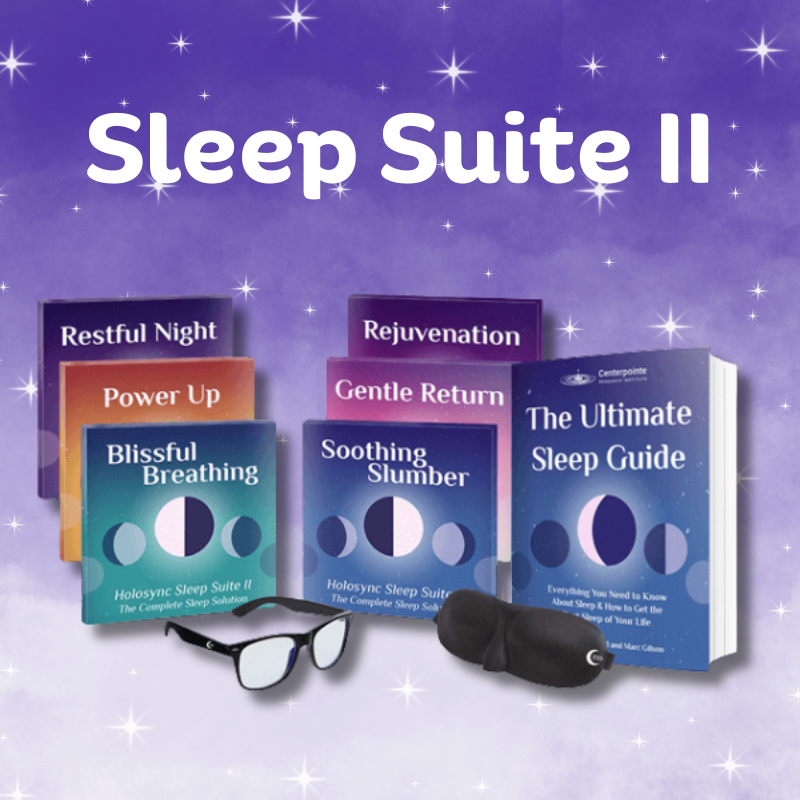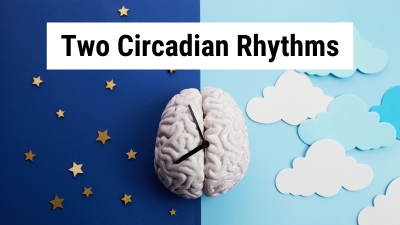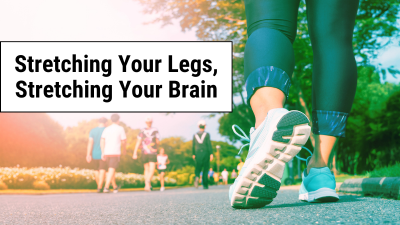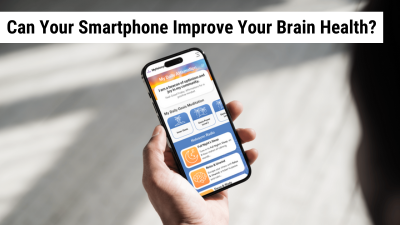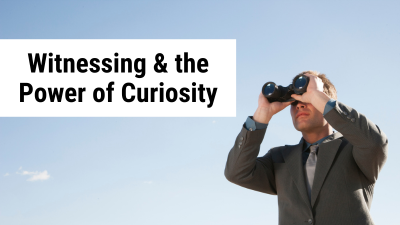“Cognitive development underlies development in nearly every other area of your life.”
-Bill Harris
Issue #453 – Monday, December 9, 2024
By Marc Gilson
Every year, Oxford University Press chooses the “Word of the Year.” The criteria, say the folks at Oxford, is to choose a word or expression “that reflects a defining theme from the past 12 months.”
This year’s word (well, two words grammatically speaking) is “brain rot.” Ew! If that sounds a little unsavory or unpleasant, well, it’s for good reason!
Brain rot refers to the cognitive decline attributed to excessive exposure to mindless social media content. Cognitive decline! While some people dismiss the risks of social media exposure as “overblown,” it’s hard to ignore the facts.
The Brain Rot Happing Right Now
Around 5 billion people worldwide use at least one social media platform each day. That’s over 60% of the world’s population! And they’re not just quickly glancing at it. Young people between 13 and 24 spend, on average, nearly 8 hours a day looking at screens, much of that time on various social media platforms.
That, folks, is a lot of time browsing Facebook, Tik-Tok, and Youtube.
Now, I’m in no position to preach here. I spend a lot of time online too. I’d like to tell you that all that time is spent reading the latest research on brain science or studies on the benefits of mindfulness meditation.
But the truth is that I’ve occasionally been guilty of spending too much time scrolling through silly videos, memes, and reading up on the latest political outrage du jour. Social media can be highly addictive. In fact, it’s designed that way.
And hey, not all social media content is bad. Some of it is truly informative, entertaining, and enlightening.
So brain rot, we have to remember, isn’t about what “social media is doing to us.” It’s about how we’re choosing to spend our time (and brain power).
And when we spend too much time with our eyes glued to a screen, it has a very real impact on our mental, emotional, and even physical health.
But is brain rot really that big of a deal?
The Consequences of Unchecked Brain Rot
Consider the following examples of how social media “brain rot” can affect us:
It shortens our attention spans.
That’s because today’s rapid fire clips and memes train our brains to process only short bursts of information, making it harder to shift gears when we need to focus on long-form tasks or deep thinking.
It impairs our memory and causes us to become intellectually lazy.
This is sometimes called the “Google Effect,” which is we remember how to find information rather than remembering the information itself. When we become overly dependent on the internet to do our thinking for us, our memory becomes like an under-used muscle that gets weak and flabby.
It increases our stress and anxiety.
Social media is designed to get your attention. And it does it by triggering an emotional response. Sometimes that response is a laugh, but it can also be anger, irritation, outrage, or disgust. Suffice to say, this isn’t good for our mental health and can keep our brains in a state of reactive hyperarousal.
It alters our brain’s reward system.
It feels good to get likes, upvotes, or positive and affirming attention online, whether from friends or strangers. And that “feel good” experience takes the form of dopamine hits. This can, over time, lead to a literal dependence on the “digital drug” of social media.
It messes with our sleep.
Not only does the content itself keep our brains over-stimulated well into the night, the blue light flooding out from our tablets and phones keeps the areas of our brain responsible for wakefulness alert and active, even when we’re in need of some shut-eye.
It dumbs us down.
Extended exposure to social media convinces us we know a lot more about a topic than we really do. There are parts of your brain that have immense capacity for deep, incisive thought and analysis. They are highly active when reading a challenging book, but with social media? Those genius parts of your brain are barely active at all. What IS active is our old "reptilian" reactive brain which is great at short-term gratification but isn’t very good at helping us figure out what’s true and what’s false.
It reduces brain plasticity.
Excessive internet exposure, especially during critical periods of our development, can actually reduce the brain’s ability to create new neural connections, build its cerebral network, and impair our ability to respond to real world challenges and changes. Perhaps worst of all, it can slow the brain’s ability to learn new skills and information.
It creates emotional dysregulation.
Too much screen time has been linked to changes in our ability to process emotions, whether our own or those of others. It can cause us to become desensitized and numb to feelings of compassion, empathy, and even love!
How to Heal from Brain Rot
If all of that sounds dire, well I suppose it should! But there are some steps we can take to get rid of brain rot.
For starters, we can set a limit on our screen time. There are even apps available that help you do that.
We can put our phones down an hour before we go to bed to help us get better, more restorative sleep.
We can shift our focus to non-digital media, otherwise known as books!
We can prioritize real-world activities. Take a walk in the woods. Start a journaling practice (with a physical journal). Spend a little time on a hobby like cooking, exercising, or grabbing a coffee with that old friend you’ve been meaning to catch up with.
And of course, the best antidote to brain rot is to practice mindfulness. Sit down for a few moments and just breathe, just be, just give your brain a chance to cool down and relax. Your brain will thank you!
So hats off to the good people at Oxford for choosing “brain rot” as 2024’s Word of the Year! It’s a good reminder that we can choose presence over pixels and that brain rot is a preventable problem!
Wise Words
“When we spend too much time with our eyes glued to a screen, it has a very real impact on our mental, emotional, and even physical health” - Marc Gilson
This Really Happened
My experience after day 5 was one of introspection and journaling more than normal. It could have been a combination of things throughout this experience with the Holosync tracks however I would like to acknowledge that I did the exercise and found benefits from the trial sessions. Would I recommend it to friends? Most definitely, if it is going to help others achieve some degree of internal peace and tranquility.
~Hentibra M.
5-Day Challenge Participant
We Want to Hear From You!
How do you counteract the brain rot in your life?
Post your story on our Facebook Page.
Not on Facebook? Tell me about the impact that meditation with Holosync has had on your daily life. Stress? Sleep? Weight Loss? Focus? Spiritual Connection? Other?
Email your story here:
Find Us On Facebook
Post your story on our Facebook Page.
Not On Facebook?
Email Us!
Pay It Forward:
Your story may profoundly affect the life of a person you never meet,
but who will be forever grateful.

